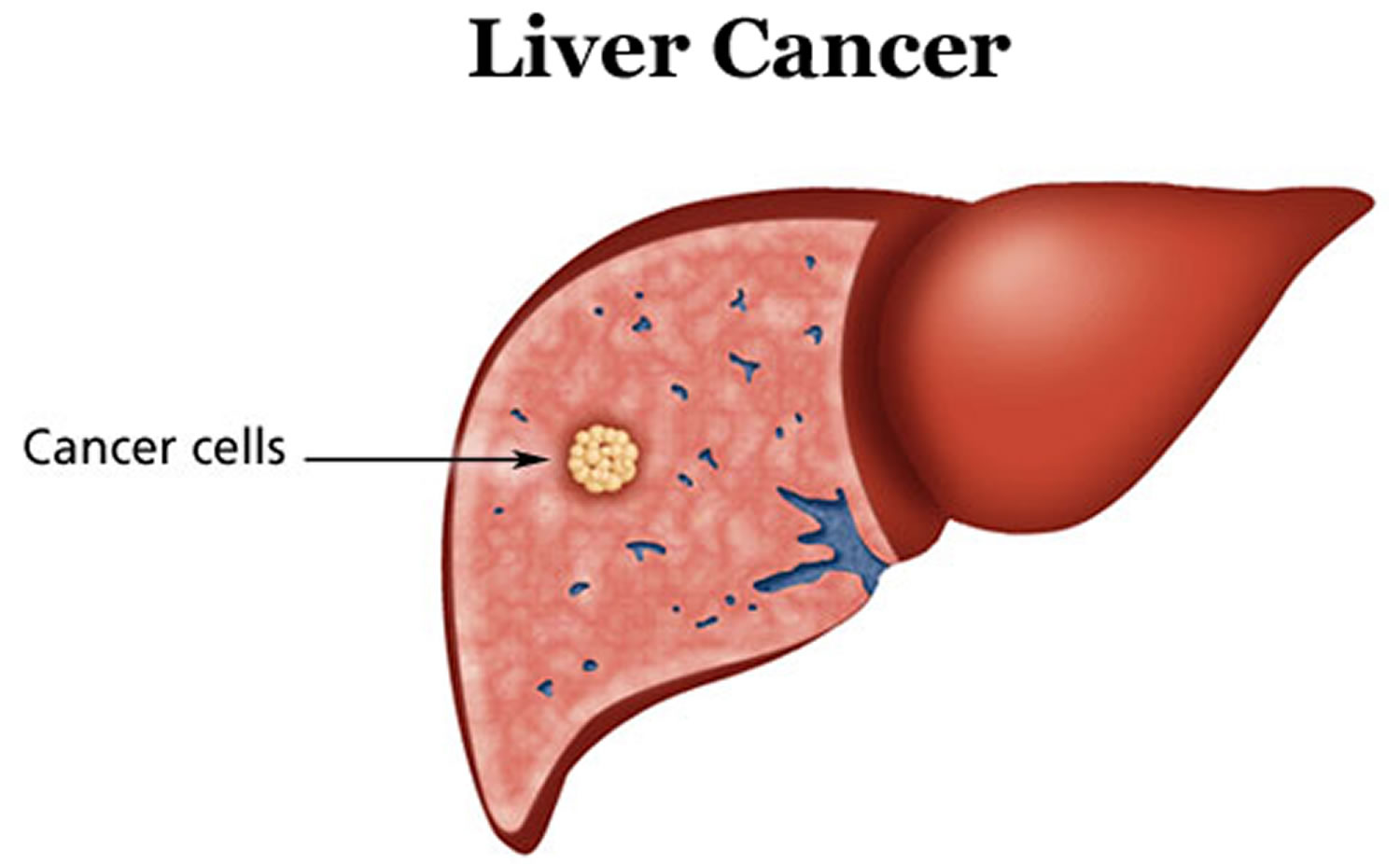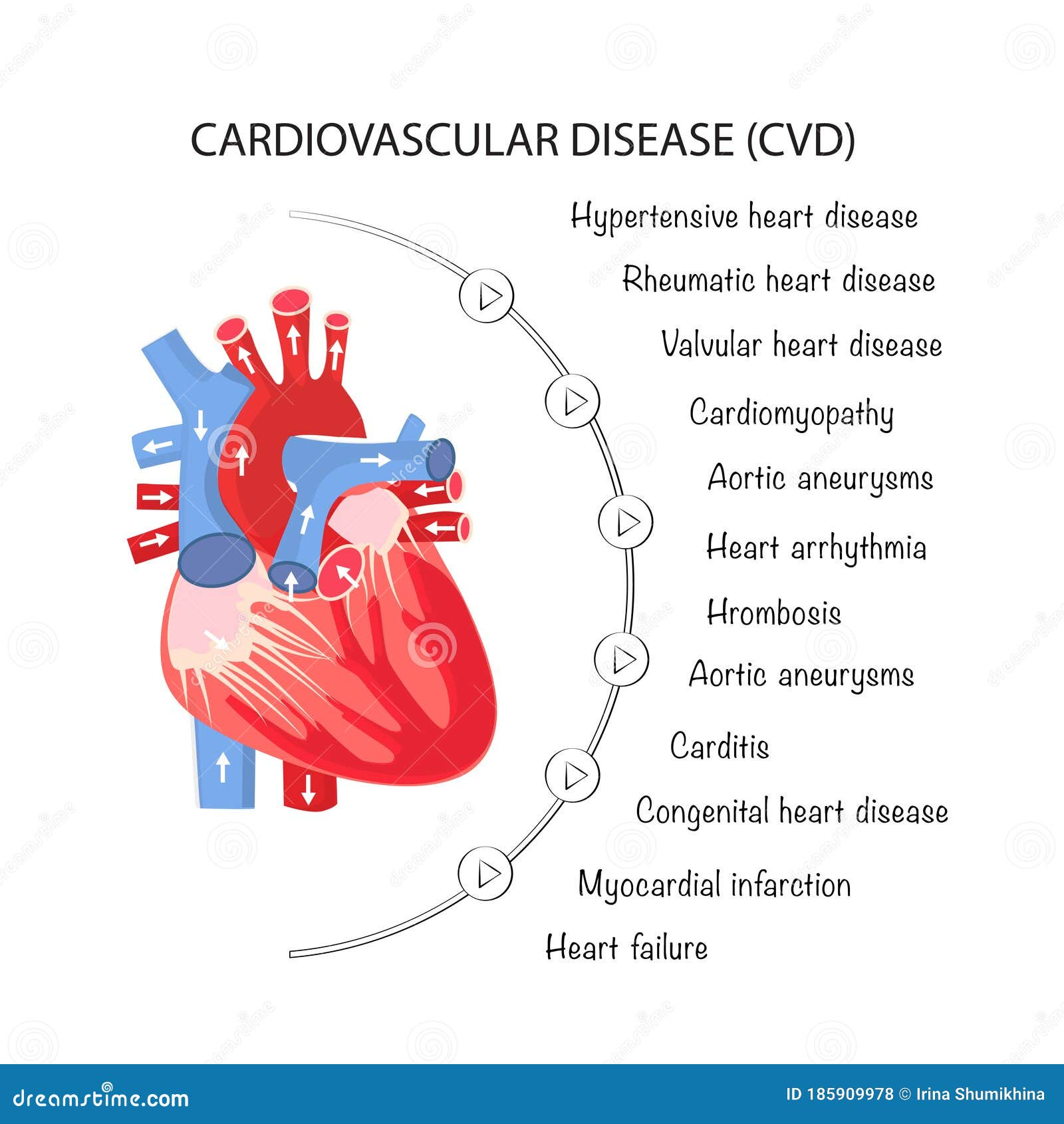Liver cancer presents a significant health challenge worldwide, particularly due to its association with chronic liver diseases and conditions such as hepatocellular carcinoma (HCC). Recent research has uncovered a remarkable connection between bile acids and the onset of liver cancer, highlighting how an imbalance in bile can lead to severe liver injury and inflammation. Importantly, the study identifies YAP signaling as a crucial molecular switch affecting bile acid metabolism, further linking it to liver disease and cancer progression. Enhanced FXR function could potentially counteract this pathway and mitigate the risks associated with bile acid dysregulation. As we delve deeper into these findings, we stand on the brink of innovative treatment options for liver cancer that leverage our understanding of bile and its biochemical roles in the body.
Hepatic malignancies have garnered much attention in the medical community, particularly the most prevalent type known as hepatocellular carcinoma (HCC). Unraveling the complexities of liver health reveals crucial interactions related to bile, which not only assists in digestion but may also trigger significant diseases when imbalanced. Studies illuminate the role of YAP signaling in managing bile acid flux, establishing a link between disrupted metabolic pathways and liver pathology. Exploring the implications of FXR function on bile synthesis and its connection to liver cancer opens pathways for novel therapeutic approaches. Understanding these intricate biological processes is vital in the fight against liver cancer and improving patient outcomes.
Understanding Bile Acids and Their Role in Liver Disease
Bile acids are crucial components in the digestive process, primarily functioning to emulsify fats. Produced by the liver, they help in the breakdown of fats into smaller, absorbable units in the small intestine. However, an imbalance in bile acid levels can signify underlying liver disease, triggering a cascade of health issues ranging from inflammation to more severe conditions like hepatocellular carcinoma (HCC). Recent studies have illuminated the intricate relationship between bile acid metabolism and liver function, highlighting how disturbances in this delicate balance can lead to dire consequences for liver health.
Research has demonstrated that an excess of bile acids can not only result in fibrosis but also promote the development of liver tumors. The role of the Farnesoid X receptor (FXR) has emerged as vital in maintaining bile acid homeostasis, acting as a sensor to regulate bile acid production and excretion. When FXR function is compromised, as seen in conditions of liver disease, the resultant overproduction of bile acids can contribute to the pathogenesis of hepatocellular carcinoma, indicating the necessity for targeted therapies to restore bile acid balance and mitigate cancer risk.
The YAP Signaling Pathway: A Key to Liver Cancer
The Hippo/YAP signaling pathway plays a critical role in regulating cell growth and tissue homeostasis, particularly in liver tissue. In the context of liver cancer, the YAP protein has been shown to contribute significantly to tumor progression. Specifically, research indicates that YAP acts as a repressor of FXR, leading to impaired bile acid metabolism and an environment conducive to liver cancer development. This unexpected role of YAP signifies a complex interplay between signaling pathways and metabolic functions, where a single molecular switch can drastically affect the progression of liver diseases.
Researchers are now exploring ways to inhibit YAP’s repressive activity to prevent liver damage and the onset of HCC. This can be achieved by enhancing FXR function or promoting the export of bile acids from the liver. By targeting these pathways, novel pharmacological strategies could not only halt the damaging effects of excess bile acids but also reverse liver damage and slow cancer progression. These advancements present a hopeful frontier in liver cancer treatment, emphasizing the importance of understanding cellular signaling in liver disease management.
Potential Therapeutics Targeting FXR in Liver Cancer Treatment
The emerging findings regarding the FXR signaling pathway open new avenues for therapeutic strategies in liver cancer treatment. By pharmacologically stimulating FXR, researchers hope to restore bile acid balance within the liver, thus combating the detrimental effects that arise from dysregulation. This approach is particularly exciting given the recent advancements in drug development targeting FXR, indicating a potential breakthrough in the management of liver diseases associated with bile acid imbalance.
In clinical settings, enhancing FXR function could lead to reduced inflammation and fibrosis, subsequently lowering the risk of developing liver cancer. Combining FXR agonists with other treatment modalities, such as inhibitors of YAP activity, could offer synergistic effects, further improving patient outcomes. Continued research in this area remains crucial, as understanding the biochemical pathways involved in liver disease may unveil additional targets and lead to the development of more effective treatments for patients suffering from liver cancer.
The Relationship Between Bile Acids and Cancer Metabolism
Bile acids are not merely agents of fat digestion; they play hormone-like roles in regulating metabolism. Their influence extends to nutrient sensing and metabolic control within the liver. Disruption in bile acid signaling can drastically alter metabolic pathways, which in turn, may foster an environment favorable for cancer progression. In hepatocellular carcinoma, studies have shown that the metabolic dysregulation associated with bile acid imbalance can create a vicious cycle, exacerbating liver disease severity and increasing tumorigenesis.
By mapping the intricate relationships between bile acid signaling and cancer metabolism, researchers can identify key molecular targets where interventions could be implemented. For instance, understanding how bile acids activate or inhibit specific pathways can facilitate the design of targeted therapies that not only correct metabolic dysfunction but also curb cancer development. The growing acknowledgement of bile acids in cancer research underscores their potential as therapeutic targets, making them essential in the fight against liver-related malignancies.
Bile Acid Homeostasis: Implications for Liver Health
Maintaining bile acid homeostasis is critical for liver health and overall well-being. Disruption of this balance due to various factors, including diet, genetic predispositions, and environmental influences, can lead to liver diseases such as cirrhosis, fibrosis, and eventually hepatocellular carcinoma. Understanding the mechanisms underlying bile acid regulation offers insights into how lifestyle changes and potential therapeutic interventions can prevent the onset of liver disorders and improve health outcomes.
Strategies aimed at restoring bile acid homeostasis could involve dietary modifications, enhancing physical activity, or pharmacological interventions targeting FXR. By fostering an environment conducive to optimal liver function, these approaches hold promise for minimizing liver disease progression and combating liver cancer risk. The continued exploration of bile acid’s role in liver health will undoubtedly pave the way for novel preventative and corrective strategies in liver disease management.
Inflammation and Liver Cancer: The Bile Acid Connection
Chronic liver inflammation is a known precursor to liver cancer, and bile acids play a crucial role in this process. An overload of bile acids due to dysregulated FXR function can contribute to hepatic inflammation, which in turn promotes carcinogenesis. Understanding how bile acids induce inflammatory responses within the liver can elucidate pathways that may be targeted to mitigate the development of hepatocellular carcinoma.
Mapping the intricate relationship between bile acids, inflammation, and cancer can also inform the development of biomarkers for early detection and monitoring of liver disease. With enhanced knowledge of these mechanisms, targeted therapies can be created to specifically address the inflammatory component of liver cancer, thus increasing the efficacy of treatment regimens and reducing the burden of disease.
Exploring Genetic Factors in Bile Acid Regulation and Liver Cancer
Genetic factors significantly influence the regulation of bile acids, determining how they are produced, metabolized, and excreted. Variations in genes associated with bile acid transport and signaling, such as FXR and other related receptors, can predispose individuals to liver diseases, including hepatocellular carcinoma. Identifying these genetic markers can provide insights into an individual’s risk profile for developing liver cancer.
Further research into the genetic determinants of bile acid metabolism will contribute to personalized medicine approaches in liver cancer treatment. By tailoring therapeutic interventions based on genetic profiles, healthcare providers could enhance treatment efficacy and improve outcomes for patients at risk of liver disease. Understanding the genetic link between bile acids and liver cancer is a pivotal step toward developing strategies for prevention and targeted therapy.
Dietary Influences on Bile Acid Metabolism and Liver Health
Diet plays a significant role in regulating bile acid metabolism, influencing liver health directly. A diet high in fats can lead to an overload of bile acids, stressing the liver and potentially leading to inflammation and disease. Conversely, diets rich in fibers and antioxidants can foster beneficial changes in bile acid composition, supporting liver function as well as overall metabolic health. Understanding the link between diet and bile acid regulation can empower individuals to make dietary choices that promote liver wellness.
Nutritional strategies targeting bile acid metabolism may also provide therapeutic benefits for patients with liver disease. By optimizing dietary intake to support healthy bile acid levels, individuals can help mitigate liver damage and reduce the risk of liver cancer. This multifaceted approach—combining dietary management with pharmacological intervention targeting bile acid signaling—holds promise for transforming the landscape of liver disease prevention and treatment.
Research Innovations in Liver Cancer and Bile Acid Pathways
Cutting-edge research is continually reshaping our understanding of liver cancer and its connection to bile acid metabolism. Novel investigative techniques are being employed to explore the molecular pathways involved in bile acid regulation, including potential therapeutic targets like FXR and YAP. As scientists uncover the complex interactions between bile acids and cancer signaling, innovative treatment options geared toward liver cancer prevention and management are emerging, showcasing the dynamic nature of this field.
Furthermore, interdisciplinary collaboration among researchers, clinicians, and pharmacologists is expected to accelerate the development of precision therapies. By focusing on the underlying bile acid pathways that contribute to liver disease, new potential drugs aiming to correct bile acid imbalances and inhibit cancer progression are likely to transform clinical practice. The ongoing revelations in this research domain provide hope for effective interventions against hepatocellular carcinoma and other liver diseases.
Frequently Asked Questions
What is the relationship between bile acids and liver cancer?
Bile acids play a significant role in liver health, and an imbalance in their levels can trigger liver diseases, including hepatocellular carcinoma (HCC), the most common form of liver cancer. Disruption in bile acid regulation can lead to fibrosis and inflammation, setting the stage for cancer development.
How does the Hippo/YAP signaling pathway influence liver cancer progression?
The Hippo/YAP signaling pathway is crucial for regulating cell growth and its disruption can contribute to liver cancer. YAP, when activated, acts as a repressor of FXR function, leading to bile acid overproduction. This overproduction can cause liver injury and ultimately promote the progression of hepatocellular carcinoma.
What role does FXR play in bile acid metabolism related to liver cancer?
FXR, or Farnesoid X receptor, is essential for maintaining bile acid homeostasis in the liver. When YAP represses FXR function, it disrupts bile acid metabolism, resulting in an accumulation of bile acids that can lead to liver damage and increase the risk of developing liver cancer.
Can enhancing FXR function serve as a treatment for liver cancer?
Yes, enhancing FXR function could be a promising treatment approach for liver cancer. By blocking YAP’s repressor activity and promoting FXR’s role in bile acid metabolism, researchers suggest that it may help reduce liver damage and slow the progression of hepatocellular carcinoma.
What are some potential therapeutic strategies targeting bile acids in liver cancer?
Potential therapeutic strategies include activating FXR to restore bile acid homeostasis, inhibiting YAP’s repressive actions, and promoting the excretion of bile acids. These strategies aim to mitigate liver injury and inflammation, ultimately reducing the risk of hepatocellular carcinoma development.
What recent discoveries have been made regarding bile acids and liver cancer?
Recent studies have identified a critical imbalance in bile acids as a trigger for liver diseases, including hepatocellular carcinoma. A key molecular switch regulating bile acid metabolism has been discovered, highlighting new avenues for potential pharmacological interventions aimed at treating liver cancer.
How does YAP influence metabolic control in the context of liver diseases?
YAP influences metabolic control by regulating bile acid metabolism. Its activation can disrupt FXR function, leading to an imbalance in bile acids that contributes to liver inflammation and increases the risk of liver cancer, specifically hepatocellular carcinoma.
What are the implications of the link between bile acids and liver disease for cancer research?
The link between bile acids and liver disease has significant implications for cancer research as it opens new pathways for understanding liver cancer mechanisms. This research could lead to the development of targeted therapies that focus on bile acid regulation and its impact on hepatocellular carcinoma progression.
| Key Points | Details |
|---|---|
| Bile Imbalance | A critical imbalance in bile acids can lead to liver diseases, including hepatocellular carcinoma (HCC). |
| Key Molecular Switch | The study identifies a critical molecular switch, YAP, that regulates bile acid metabolism. YAP acts as a repressor interfering with FXR, leading to bile acid accumulation. |
| Impact on Liver Health | Disruption of bile acid regulation can result in liver injury, inflammation, fibrosis, and eventually liver cancer. |
| Research Solutions | Enhancing FXR function or promoting bile acid excretion could prevent liver damage and reduce cancer progression. |
| Future Implications | The findings could lead to pharmacological solutions targeting FXR to manage liver cancer and improve metabolic control. |
Summary
Liver cancer, particularly hepatocellular carcinoma (HCC), is significantly influenced by bile imbalance. Recent research reveals that disruptions in bile acid metabolism can promote liver disease progression. By targeting key molecular switches like YAP and enhancing the function of bile acid sensors such as FXR, potential treatments may emerge that could stop the cycle of liver injury and cancer advancement. Understanding the mechanisms behind bile acid regulation not only sheds light on liver cancer development but also paves the way for innovative therapeutic strategies.




